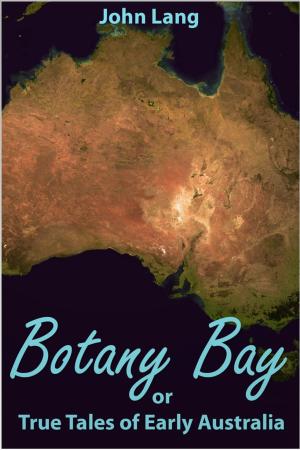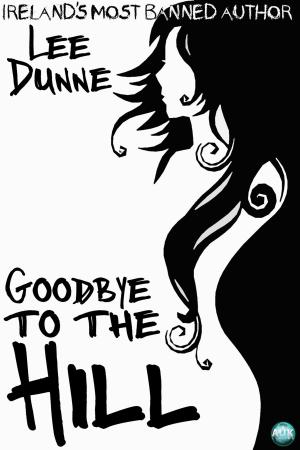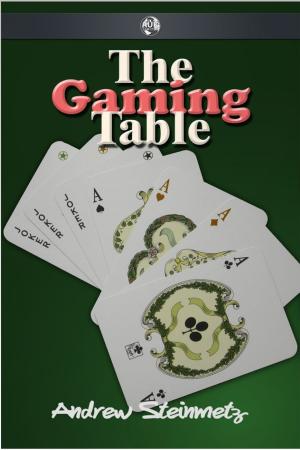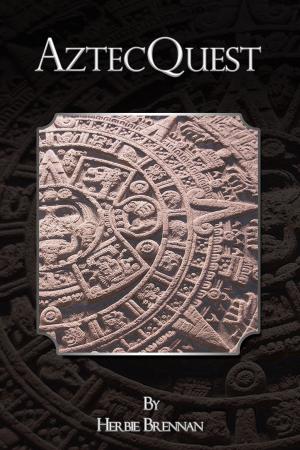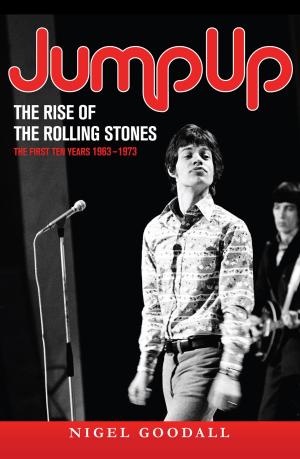Understanding Faith
Religious Belief and Its Place in Society
Nonfiction, Social & Cultural Studies, Social Science, Sociology, Marriage & Family, Religion & Spirituality, Philosophy, Religious| Author: | Stephen R.L. Clark | ISBN: | 9781845402877 |
| Publisher: | Andrews UK | Publication: | December 12, 2011 |
| Imprint: | Imprint Academic | Language: | English |
| Author: | Stephen R.L. Clark |
| ISBN: | 9781845402877 |
| Publisher: | Andrews UK |
| Publication: | December 12, 2011 |
| Imprint: | Imprint Academic |
| Language: | English |
Militant atheists often mirror the worst kind of ignorance and hostility that they condemn in traditional believers. Writing both as a philosopher and an Anglican Christian, Professor Clark explores this initial perception, considering such topics as the alleged openness of ‘scientists’ compared with the ‘dogmatism’ of ‘believers’; the difficulty of reading ‘scripture’ outside ‘the community of faith’ that has selected and elaborated it; the problems of moral realism (and the problem with abandoning it); why Darwinian and neo-Darwinian Theory has been unpopular with some believers, and what if anything can still be affirmed from it; what can be learnt from modern biology (especially) about our relations with other creatures; the nature of God; the metaphor of ‘waking up’ as applied to our hopes of heaven; the varieties of possible world orders founded on differing religious schemata (including some atheistical ones); and the place of religion in the State. He concludes, appropriately, with some remarks about the End.
Militant atheists often mirror the worst kind of ignorance and hostility that they condemn in traditional believers. Writing both as a philosopher and an Anglican Christian, Professor Clark explores this initial perception, considering such topics as the alleged openness of ‘scientists’ compared with the ‘dogmatism’ of ‘believers’; the difficulty of reading ‘scripture’ outside ‘the community of faith’ that has selected and elaborated it; the problems of moral realism (and the problem with abandoning it); why Darwinian and neo-Darwinian Theory has been unpopular with some believers, and what if anything can still be affirmed from it; what can be learnt from modern biology (especially) about our relations with other creatures; the nature of God; the metaphor of ‘waking up’ as applied to our hopes of heaven; the varieties of possible world orders founded on differing religious schemata (including some atheistical ones); and the place of religion in the State. He concludes, appropriately, with some remarks about the End.

